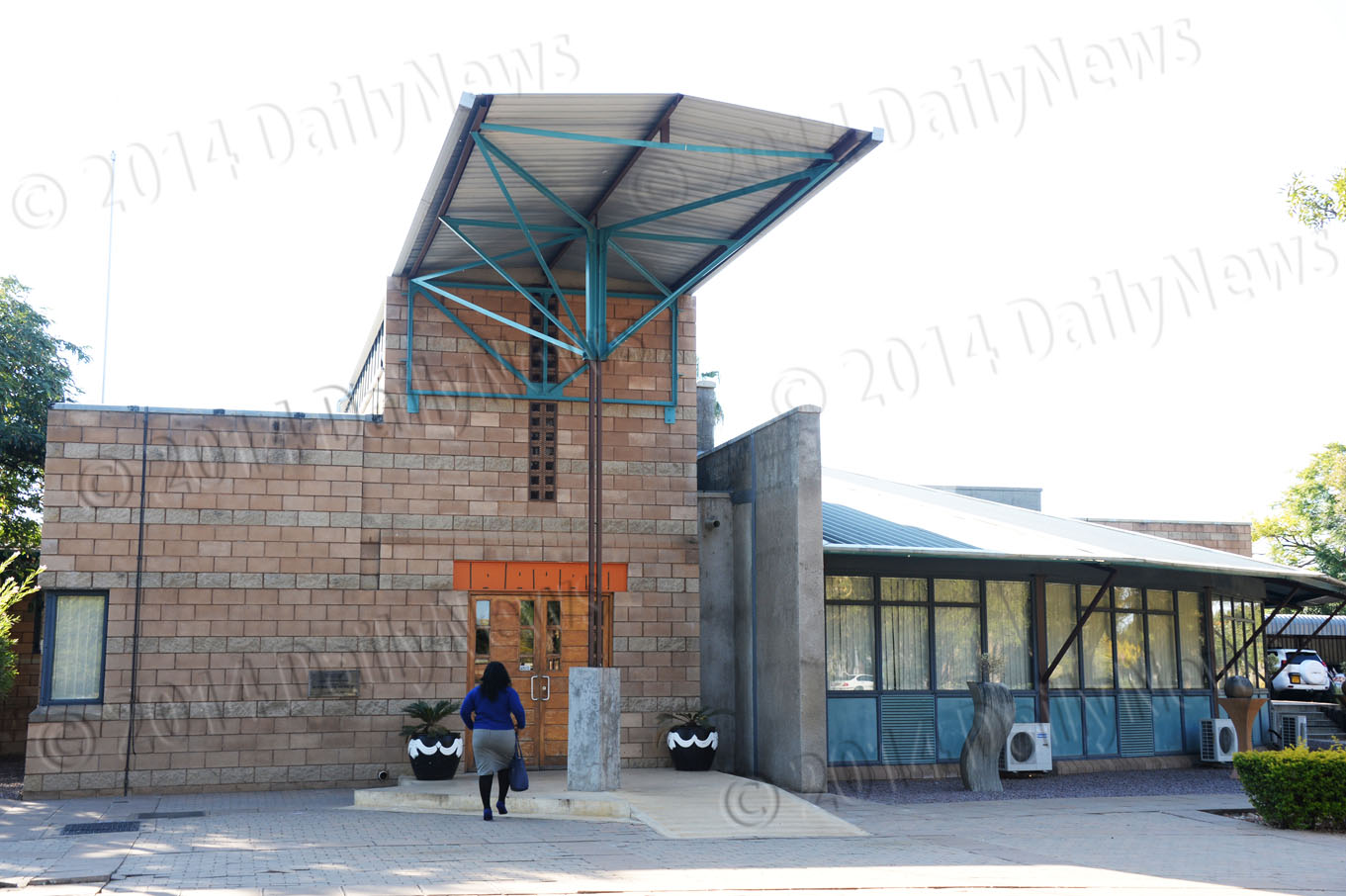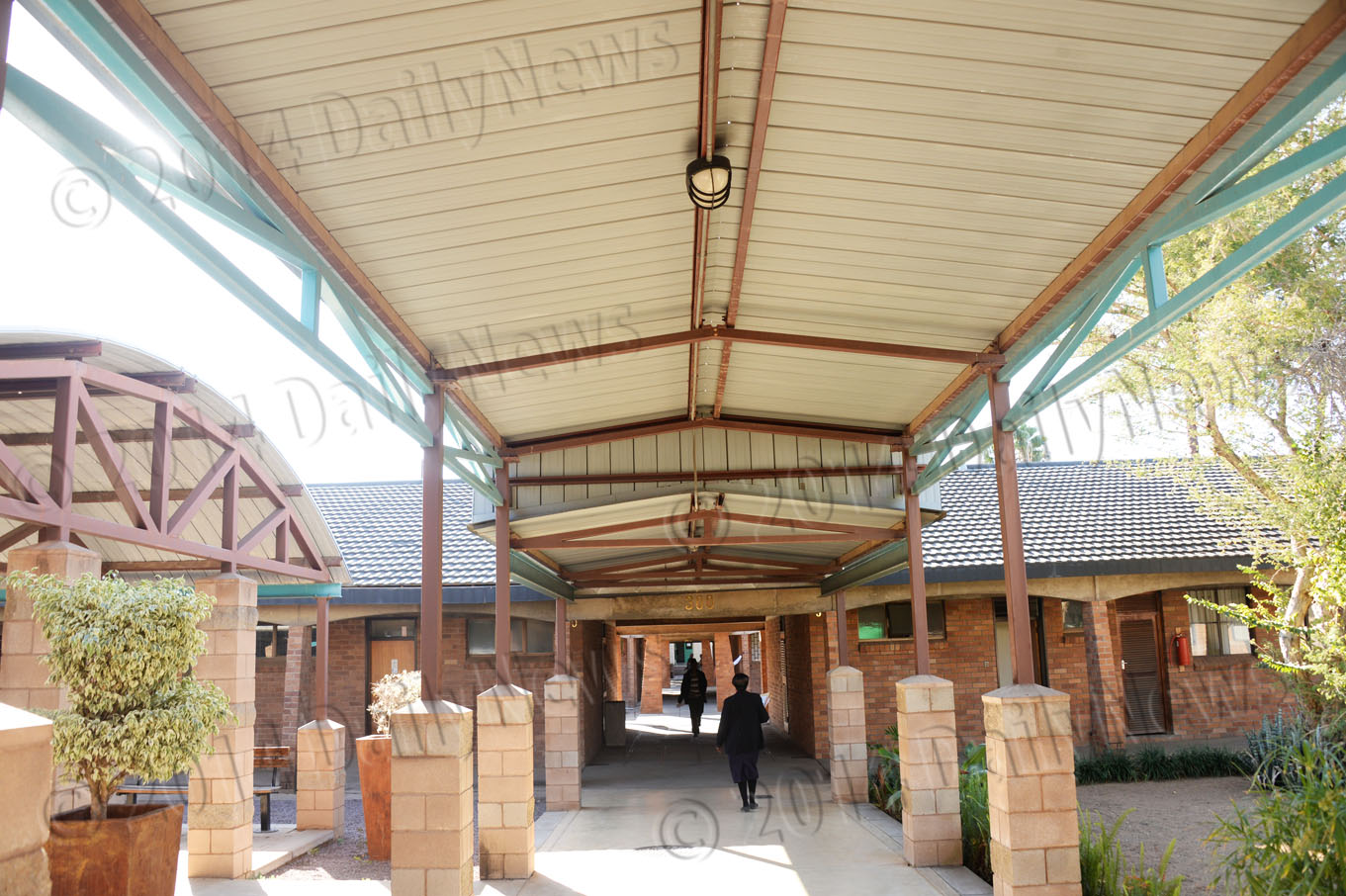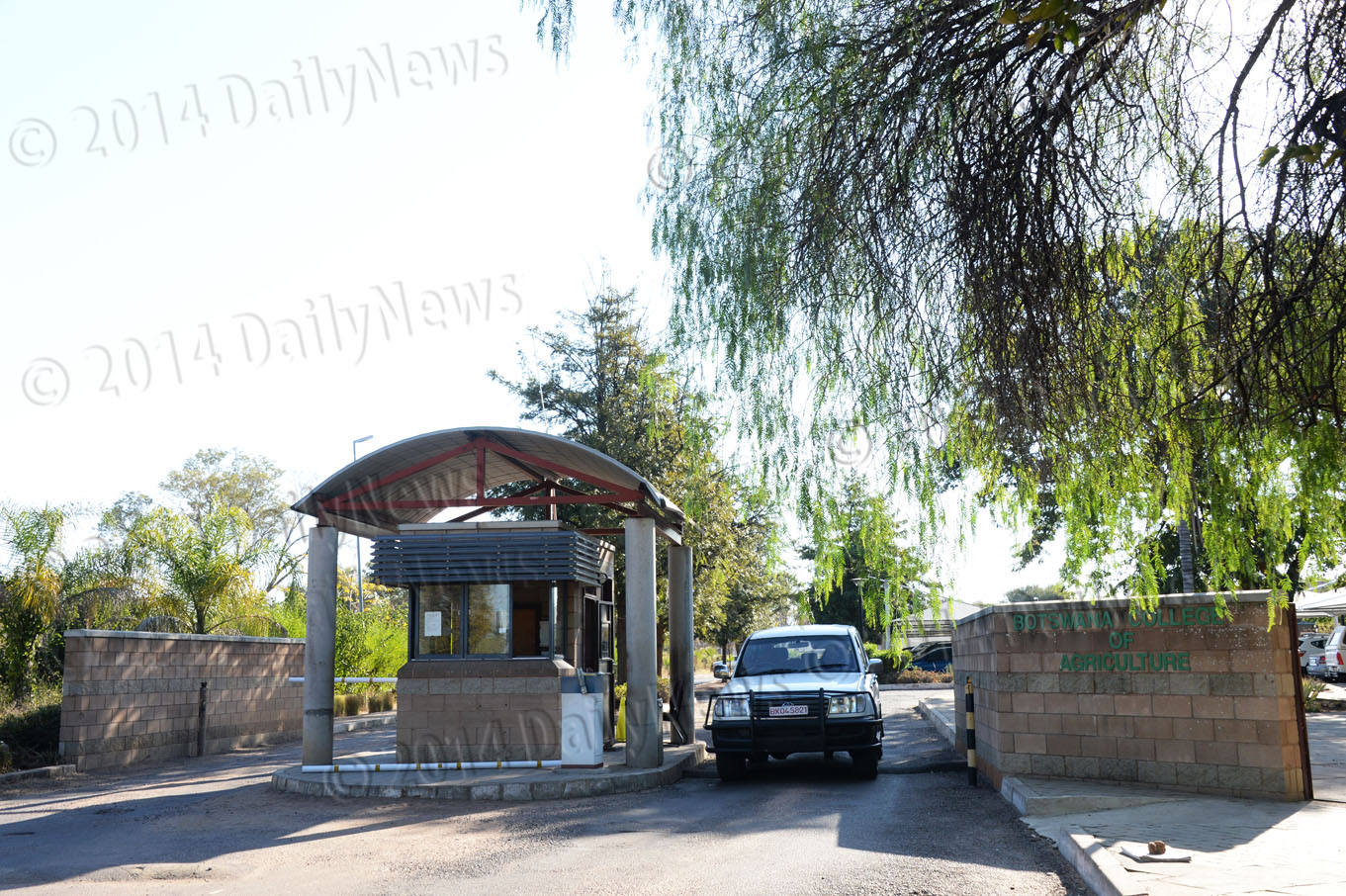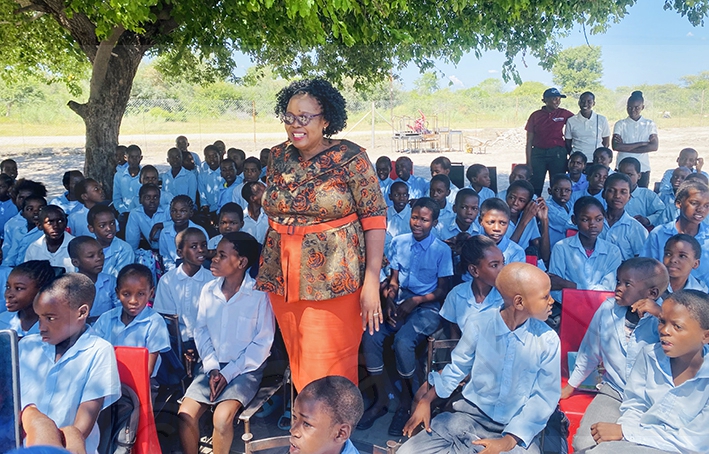Plans in place to transform BCA infrastructure
19 Jun 2014
The draft physical development plan of the transformation of Botswana College of Agriculture (BCA) to a fully-fledged university was considered in June 2014, BCA acting principal, Dr Mataba Tapela, has said.
Dr Tapela was responding to a questionnaire on the progress and preparations being done, regarding the transformation of BCA to a fully-fledged university.
This physical master plan, he said, was a layout of physical developments envisaged at Sebele campus in line with the vision to become an agricultural university of international repute.
“There are plans to build new teaching and research facilities, office space, a residential village to house even students from other colleges and universities, sporting and recreational facilities, and service centers,” he added.
Furthermore, BCA acting principal also said discussions with the University of Botswana (UB) on transition of students and academic programmes were still to be finalised.
Currently, he said consultations with the general public were on-going to update them on the progress, so far, and also get ideas especially on the scope and branding of the new university.
Recruitment of Vice Chancellor and other key personnel, he said awaits approval of the university Act, adding that the transformation would also bring major changes to the institution, as it would no longer be an associate institute of UB, but autonomous with its own Chancellor, Governing Council, Vice Chancellor and other administration structures.
He said there would also be a University Senate who would oversee the academic programmes offered at the new university, adding that the college would grow from a single Faculty of Agriculture with 1400 students to a university with five faculties with an enrolment of 5000 students by 2020.
The new university faculties will be; Faculty of Agriculture, Faculty of Natural Resources, Faculty of Rural Development, Education and Applied Economics, Faculty of Sciences and Faculty of Animal and Veterinary Sciences.
The structure of the university, Dr Tapela said reflected the need to focus not only in production agriculture, but also embraced the whole value chain in the industry.
“Natural resources focus on renewable range, forest and wildlife resources. Rural development recognises that majority of our farmers live in rural areas and has to be empowered to live as communities that work together for their development.
Animal Production is the mainstay of Botswana agriculture and therefore veterinary sciences is most relevant,” he said.
Responding to a question on how the transformation would benefit the country’s agricultural and educational sectors, Dr Tapela said the new university would help diversify Botswana’s economy through the following objectives; increase the diversity of academic programmes offered at the institution by training in new focus areas such as; natural resources, agribusiness and food science and technology.
The new university, he said would also; increase access to tertiary education and contribute to national human resource development, provide cost effective local training opportunities compared to when sending trainees abroad, contribute towards government development initiatives on food security and poverty eradication and become an institution of choice for training and research on agriculture and natural resources.
Dr Tapela added that the university would also offer internationally recognised academic programmes and collaborate with internationally recognised scholars to develop innovative solutions to the country’s unique challenges and also contribute towards the achievement of Botswana’s long-term, Vision 2016, and the United Nations Millennium Development Goals, specifically the; first, seventh and eight goals. ENDS
Source : BOPA
Author : Lorato Gaofise
Location : GABORONE
Event : Questionnaire
Date : 19 Jun 2014








